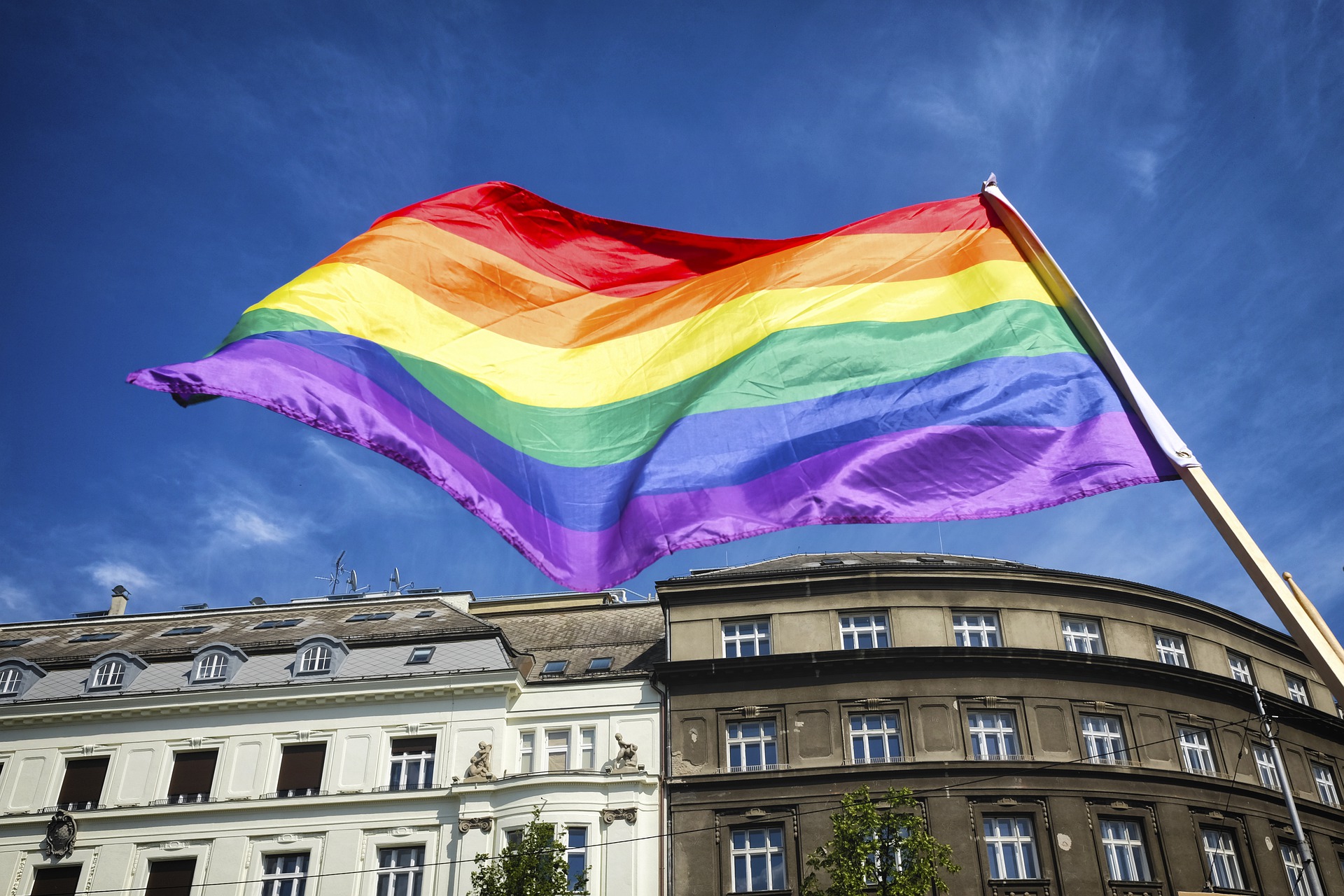
403
Sorry!!
Error! We're sorry, but the page you were looking for doesn't exist.
Georgia vows no giving up on LGBT regulation
(MENAFN) The government of Georgia has made it clear that it will not yield to Western demands to repeal a recently enacted law prohibiting "LGBTQ propaganda," despite mounting pressure from the European Union. This stance is particularly significant given the country's long-standing ambitions to join the EU, a goal that could be complicated by the new legislation.
Passed by the Georgian parliament in September, the law bans the state recognition of same-sex marriage, prohibits the adoption of children by same-sex couples, and restricts access to gender transition treatment. It also forbids the promotion of LGBTQ rights and same-sex relationships in educational institutions, the media, and public demonstrations. The legislation has drawn sharp criticism from human rights groups, as well as EU officials, who have warned that such laws could hinder Georgia’s aspirations for closer integration with Europe.
In a press briefing on Friday, Mamuka Mdinaradze, the executive secretary of the ruling Georgian Dream party, defended the law, emphasizing that the government would not back down. Mdinaradze remarked that even if the law delayed Georgia's EU accession process by a few years, the country would not reconsider its position on the LGBTQ legislation. "We would be better off being two or three years late in our integration into the EU than to compromise our values by repealing the law," he declared. "We will never, I stress, never repeal the law against LGBTQ propaganda."
The Georgian government has framed the law as a reflection of the country’s traditional values and cultural identity, suggesting that it would not sacrifice its principles for political or economic gain. Mdinaradze explicitly rejected what he termed the "so-called EU values," aligning the ruling party with conservative elements in Georgian society that see the EU's stance on LGBTQ rights as incompatible with their vision for Georgia's future.
“We don’t want such a Europe,” Mdinaradze continued, signaling a deep resistance to what he described as external pressure from Brussels. He further added that the government would not "trade off the future of the coming generations" for the sake of political ambitions, reinforcing the idea that Georgia's sovereignty and cultural integrity were paramount.
Georgia’s aspirations to join the EU have been a central focus of its foreign policy since the 2003 Rose Revolution, which saw the country shift away from Russian influence and toward a more pro-Western stance. However, the EU has been critical of Georgia’s progress on democratic reforms, human rights, and the rule of law, with the new LGBTQ law emerging as a major flashpoint.
Passed by the Georgian parliament in September, the law bans the state recognition of same-sex marriage, prohibits the adoption of children by same-sex couples, and restricts access to gender transition treatment. It also forbids the promotion of LGBTQ rights and same-sex relationships in educational institutions, the media, and public demonstrations. The legislation has drawn sharp criticism from human rights groups, as well as EU officials, who have warned that such laws could hinder Georgia’s aspirations for closer integration with Europe.
In a press briefing on Friday, Mamuka Mdinaradze, the executive secretary of the ruling Georgian Dream party, defended the law, emphasizing that the government would not back down. Mdinaradze remarked that even if the law delayed Georgia's EU accession process by a few years, the country would not reconsider its position on the LGBTQ legislation. "We would be better off being two or three years late in our integration into the EU than to compromise our values by repealing the law," he declared. "We will never, I stress, never repeal the law against LGBTQ propaganda."
The Georgian government has framed the law as a reflection of the country’s traditional values and cultural identity, suggesting that it would not sacrifice its principles for political or economic gain. Mdinaradze explicitly rejected what he termed the "so-called EU values," aligning the ruling party with conservative elements in Georgian society that see the EU's stance on LGBTQ rights as incompatible with their vision for Georgia's future.
“We don’t want such a Europe,” Mdinaradze continued, signaling a deep resistance to what he described as external pressure from Brussels. He further added that the government would not "trade off the future of the coming generations" for the sake of political ambitions, reinforcing the idea that Georgia's sovereignty and cultural integrity were paramount.
Georgia’s aspirations to join the EU have been a central focus of its foreign policy since the 2003 Rose Revolution, which saw the country shift away from Russian influence and toward a more pro-Western stance. However, the EU has been critical of Georgia’s progress on democratic reforms, human rights, and the rule of law, with the new LGBTQ law emerging as a major flashpoint.

Legal Disclaimer:
MENAFN provides the
information “as is” without warranty of any kind. We do not accept
any responsibility or liability for the accuracy, content, images,
videos, licenses, completeness, legality, or reliability of the information
contained in this article. If you have any complaints or copyright
issues related to this article, kindly contact the provider above.

















Comments
No comment